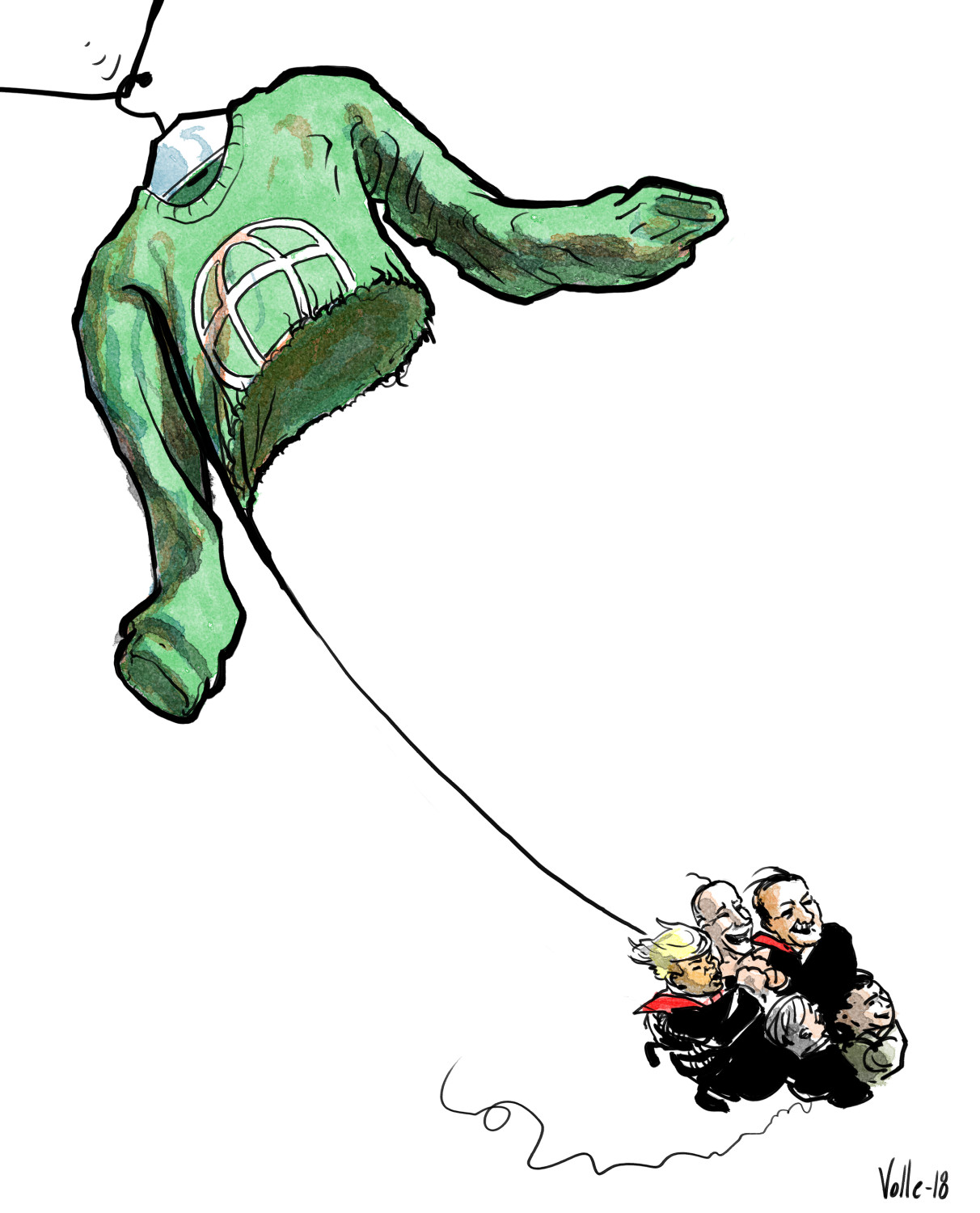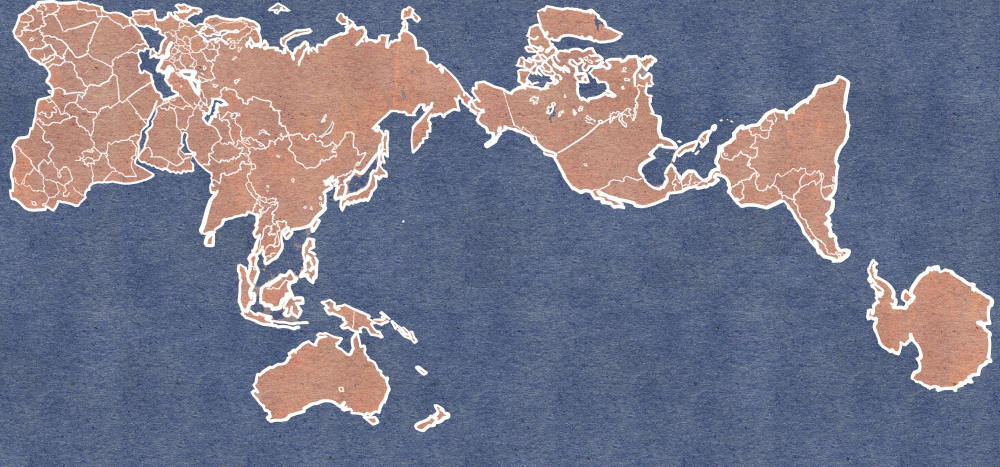Giovanni Barbieri reflects what makes the world hang together in the context of Conference Regional Challenges to Multilateralism.
His main argument was that international system’s dynamics, as well as actors’ behaviors and constraints, could not be explained only by neo-utilitarian theoretical approaches, like neorealism and neo-liberalism. His advice was that greater efforts should have been made to search for alternative explanations regarding actors’ identities and interests.
What makes the world hang together today? This has been the central underlying question of the recently concluded general conference on Regional Challenges to Multilateralism, held in Tampere from 13 to 16 September. After nine panels, thirty-four panelists, two key-lecturers by Amitav Acharya and Barry Gills, the emerging answer was a conditional one: what once made the world hang together has gone nearly lost. The main reason for that resides in the western inability of thinking about international politics in a genuinely inclusive way or, saying it with Ruggie, in a non-utilitarian and unbiased approach. It is mostly about the lack of inclusiveness and pluralism.

The contributions from Brasilian, South African, Indian, Chinese and Russian resident scholars and researchers made it clear that growing discomfort with current multilateral practices is not so much about multilateralism itself, but about how it is (mis)managed by western developed countries. The Brics countries, as well as all the other emerging countries who are siding with them, started to imagine a diverse international environment governed by different rules and principles. The specificity of this new regionalist trend is that it is taking shape on premises different from those provided by the traditional (western) global governance framework or, in other words, it is likely to be leading to a non-liberal international order. For this reason, to date Brics could be considered as an Intent Manifesto, with concrete possibilities of evolving into a relevant political group.
Not surprisingly, fast growing countries like China and India started to feel uncomfortable with the idea of order based on an underlying principle of cultural and political homogeneity and homogenization. Both are struggling to put forth their own political and cultural identities in the building process of their respective International political spaces, alliances and networks, and by doing that they are redefining the 70 years old architecture once implemented by the United States and its allies. At the very base of their grievances stand developmental and financial issues. The whole Brics group, together with siding actors, is very concerned about the necessity of adopting independent developmental policies, including autonomous infrastructure finance schemes and a different approach in inter-state relations. Although the phenomenon is still limited to the Asian region, western ability to cope with changing conditions and emerging countries’ needs will determine its reach. The more the west will remain deaf to these requests, the more emerging and developing countries will side with the Brics core group. The task is to avoid the emergence of any reason of conflict between the forming Global South and the existing Global North. That would not necessarily imply the demise of order tout court. Rather, this could reveal to be an opportunity to redefine the architecture of the international order, where diversity does not necessary mean instability and where heterogeneity does not rhyme with insecurity. The real challenge is to leave aside the traditional nation-state based approach, which necessary calls for utilitarian action, and to shift towards a worldly vision of inter-societal relations, made upon openness to different way of thought and the perception of the ‘other’ as part of the same human global community.
Finally, such an attitude would make the world hang together tomorrow.
Giovanni Barbieri
Illustration: Karstein Volle


